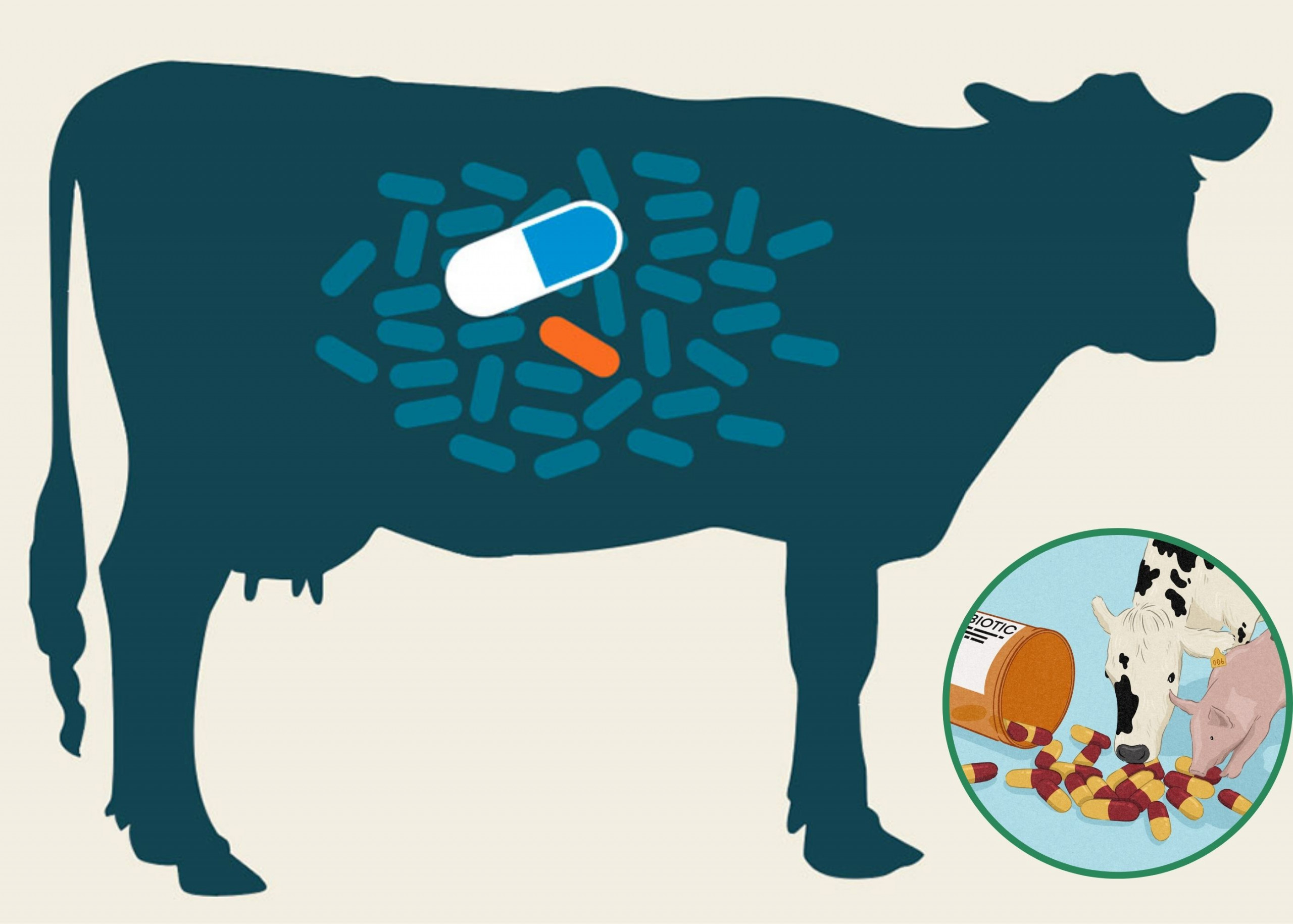News in Brief:
– Nigeria launched a plan for antimicrobial resistance (AMR) to address the growing threat of drug-resistant bacteria and other microorganisms.
– The plan, which emphasises a collaborative approach involving various stakeholders, seeks to improve public health, food security, and sustainable development.
Nigeria’s Minister of Agriculture and Food Security, Senator Abubakar Kyari, has urged stakeholders to collaborate more closely in implementing the new National Action Plan on Antimicrobial Resistance (AMR) during its launch event.
The collaborative approach, known as the One Health Approach, aims to improve public health, food security, and sustainable development in Nigeria.
Key objectives of the national action plan
Speaking at the launch, the Minister stressed the importance of the strategic objectives outlined in the document, namely;
- strengthening leadership and surveillance
- improving public awareness
- implementing infection prevention and control programs
- ensuring access to quality antimicrobials
- increasing the knowledge capacity of relevant stakeholders.
Senator Kyari, represented by the Director of Planning and Policy Coordination, Ibrahim Tanimu, noted that the plan addresses the challenges of AMR in the human, animal, and environmental sectors.
Furthermore, he highlighted the growing threat of AMR as one of the most urgent global health threats and development challenges. Subsequently, he cited a prediction that it could cause an 11% decline in livestock production in low-income countries by 2050.
Ministry’s efforts to combat AMR
To combat this problem, the Ministry is establishing a network of laboratories for AMR surveillance, developing national guidelines for antimicrobial drug use in animals, and collaborating with the Food and Agriculture Organization (FAO) to develop biosecurity guidelines for poultry and aquaculture.
The Minister of Health and Social Welfare, Professor Muhammed Ali Pate, emphasised the Federal Government’s dedication to protecting citizens’ health and well-being.
Meantime, the Second National Action Plan on AMR aims to mitigate its impact, which claimed 4.7 million lives globally in 2020.
The World Health Organization’s Country Representative, Dr Walter Kazadi Mulombo, commended Nigeria for its leadership in addressing AMR. He noted that the adoption of the new National Action Plan is a crucial step in combating this pressing issue.
Finally, the event culminated in the unveiling and launch of the National Genomics Surveillance Strategy.



